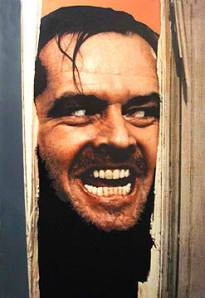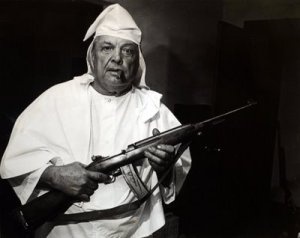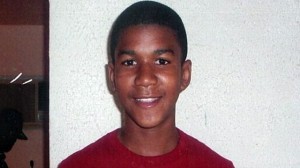America doesn’t have a lot going for itself right now. We aren’t the best educated nation, we don’t have the most competitive economy, we have some of the worst income inequality in the world, and the likelihood of social mobility is appalling. So for all of our not-quite-top-of-the-class statuses, at least we can claim that we have the most guns per capita and the most gun death rates!
Okay, so maybe the number of people falling to bullets isn’t something to brag about, but you wouldn’t be able to tell based on the enthusiasm groups of people have for defending their right to own assault weapons without background checks.
I’m not trying to imply that pro-gun groups like the NRA want record gun deaths each year. Gun owners are not inherently violent people, neither are the interest groups that they are a part of. It’s pure coincidence that the NRA came into being shortly after the KKK was recognized by Congress as a terrorist organization in 1871
But seriously, in the modern day the NRA is not a racist organization, nor does it endorse shooting anyone besides criminals. In fact, a majority of the NRA’s membership comes from discounts at shooting ranges for members. If you own a gun and you like to shoot it, it’s a really good idea to join the NRA because of the financial benefits. There are also political benefits if you run for office.
The major problem with groups like the NRA is that they utilize slippery-slope logic every time someone proposes legislation that has something to do with gun regulations. A majority of Americans are in favor of background checks before rifles are given out. A majority of Americans are in favor of eliminating the right to assault weapons and hollow-point bullets. A majority of Americans are in favor of restricting bullet magazines so that a mass murderer can only kill ten people before having to reload. Yet when any of these proposals hit the floor, pro-gun groups are in an uproar asserting that any new regulation will result in the government coming to our homes and confiscating our guns.
Let’s think about the logic behind that. If banning assault weapons leads to the government taking away all our weapons, then couldn’t we argue in the reverse that if we allow assault weapons then we should allow any weapons (including nuclear warheads). The Constitution says “right to bear arms shall not be infringed” so I guess I can have nuclear arms and no one can fault me for it.
If you actually read the second amendment in it’s entirety you can see that it’s been misread for quite a while: “A well regulated militia being necessary to the security of a free state, the right of the people to keep and bear arms shall not be infringed.” The second amendment is the only amendment in the Constitution that states it’s purpose. The right to bear arms shall not be infringed in the context that the arms are used within a well-regulated militia.
The Supreme Court, led by “Originalist” thinkers such as Antonin Scalia and Clarence Thomas have ruled the right to bear arms as an individual right rather than a collective right based on “American Tradition”. In D.C. v. Heller the Supreme Court ruled that a law couldn’t be passed to require guns to be unloaded or bound by a trigger lock when not in use. Scalia and Thomas took part in another decision that ruled against partial birth abortions because of how disturbing the procedure is. I agree with them on that, but they must have failed to consider how disturbing it is to find a toddler’s head blown off because their dad left their gun loaded without a trigger lock in the living room.
It turns out that owning a gun results in much more risk than benefits. Family members living in a house with a gun are far more likely to be victims of gun-related violence. But I am digressing.
The main point is that there are people in the government right now that are trying to propose ways in which we can stem the tide of gun violence in the United States. President Obama recently pointed out that over 1,000 people have died due to gun violence since the Sandy Hook School shooting. Some people may argue that this is just political posturing, but the family and friends of those thousand people would probably disagree. America has a problem and there are people trying to fix it.
I don’t think that American citizens need to have assault weapons. To those who would argue that “we need to match what criminals have” I would argue that America doesn’t need to have shootouts at noon in the town square every time someone tries to do something stupid. I think that everyone should have to go through a background check before buying a gun. To those who would argue that “background checks are inconvenient” I would argue that going to a theater and getting shot before the movie starts is inconvenient too. I think that a magazine should have a limit on the number of bullets it can carry. To those who would argue, “We won’t be able to protect our neighborhoods as well,” I would point out; “Because we do such a good job of that in the first place…”








